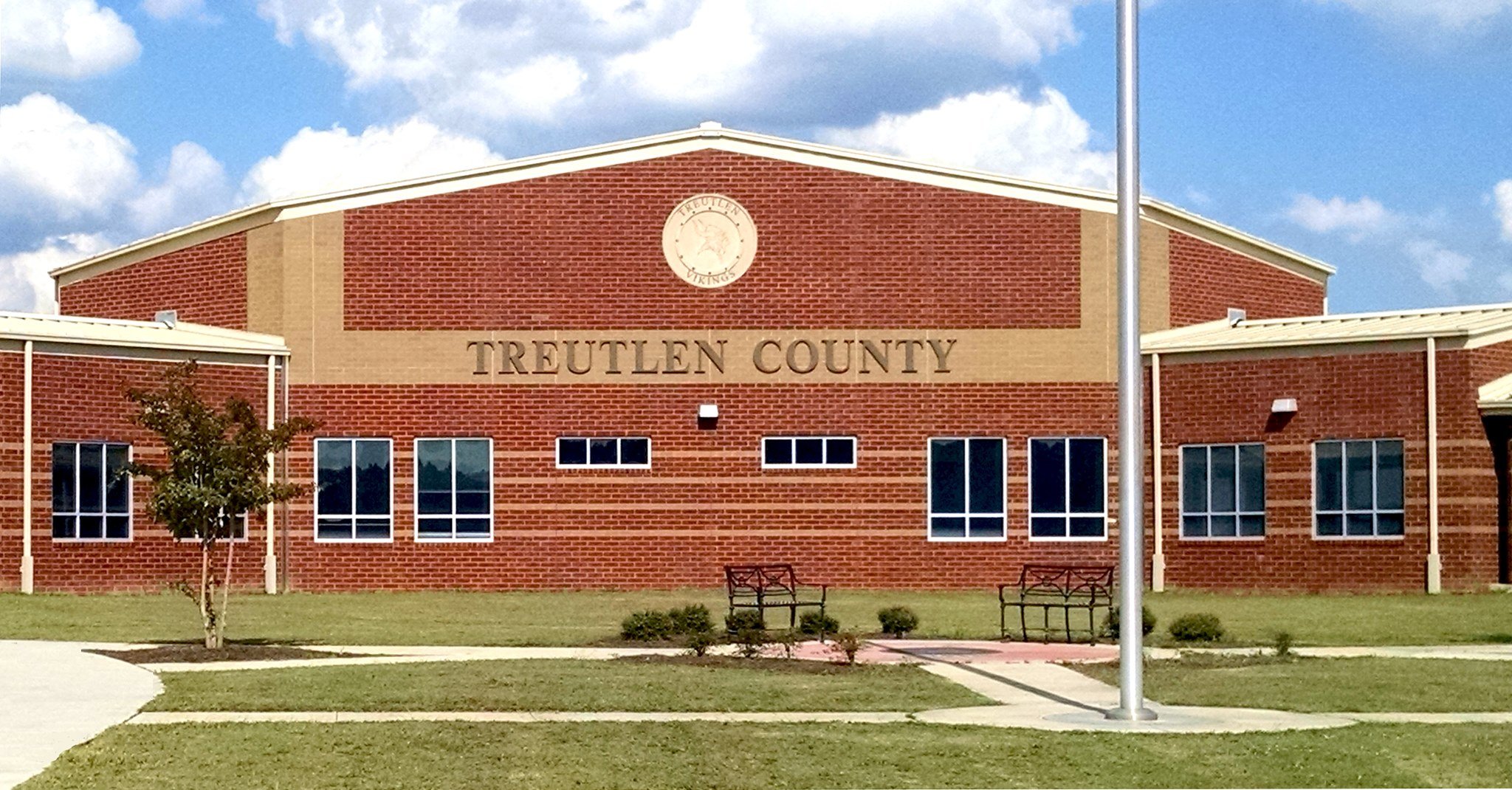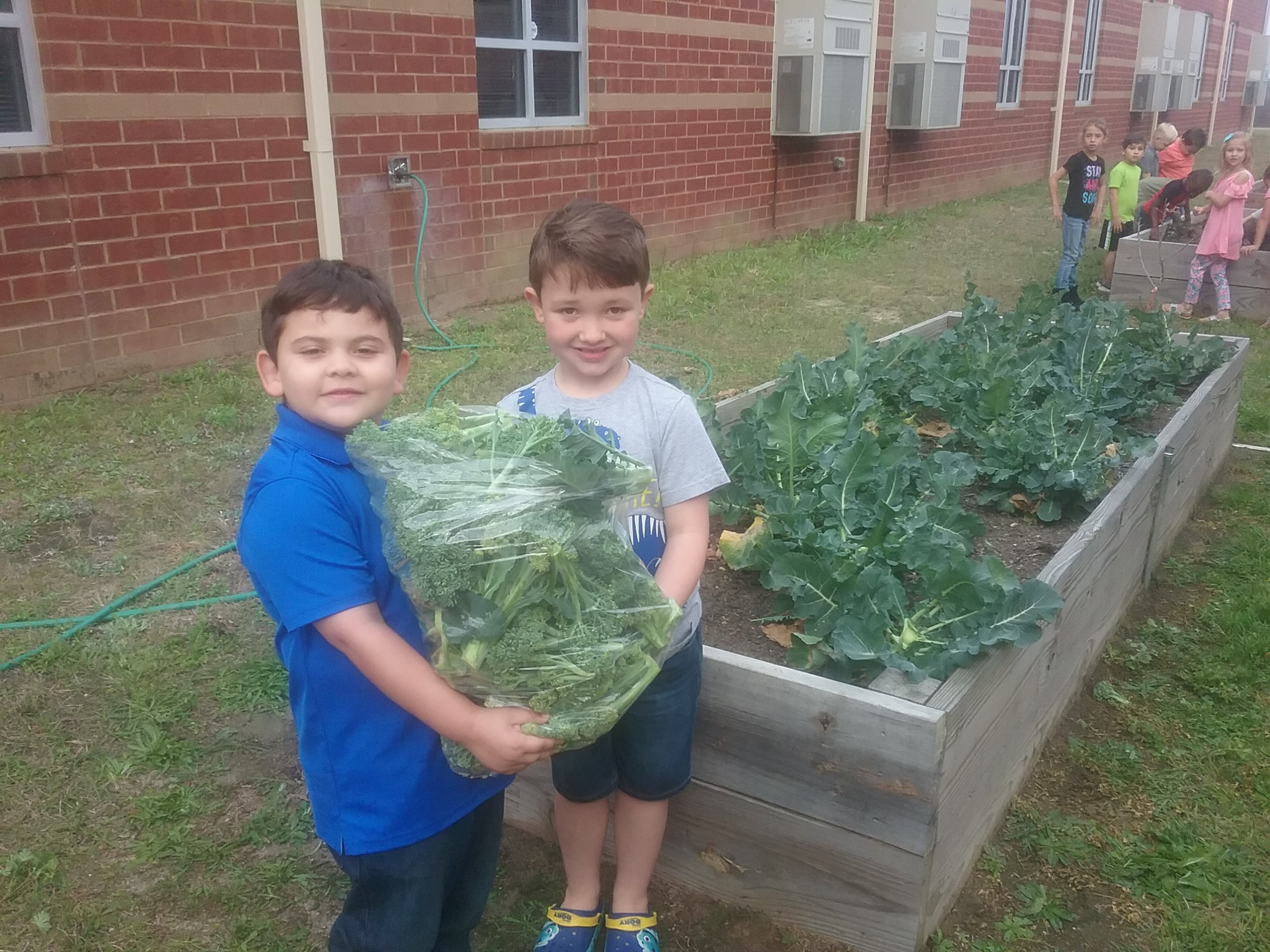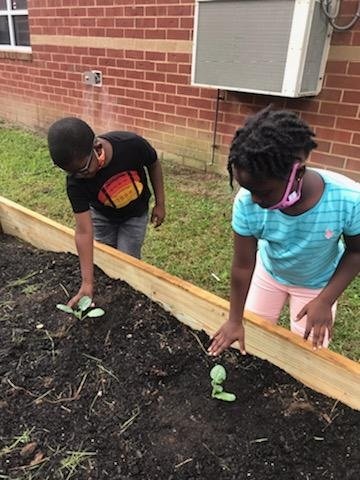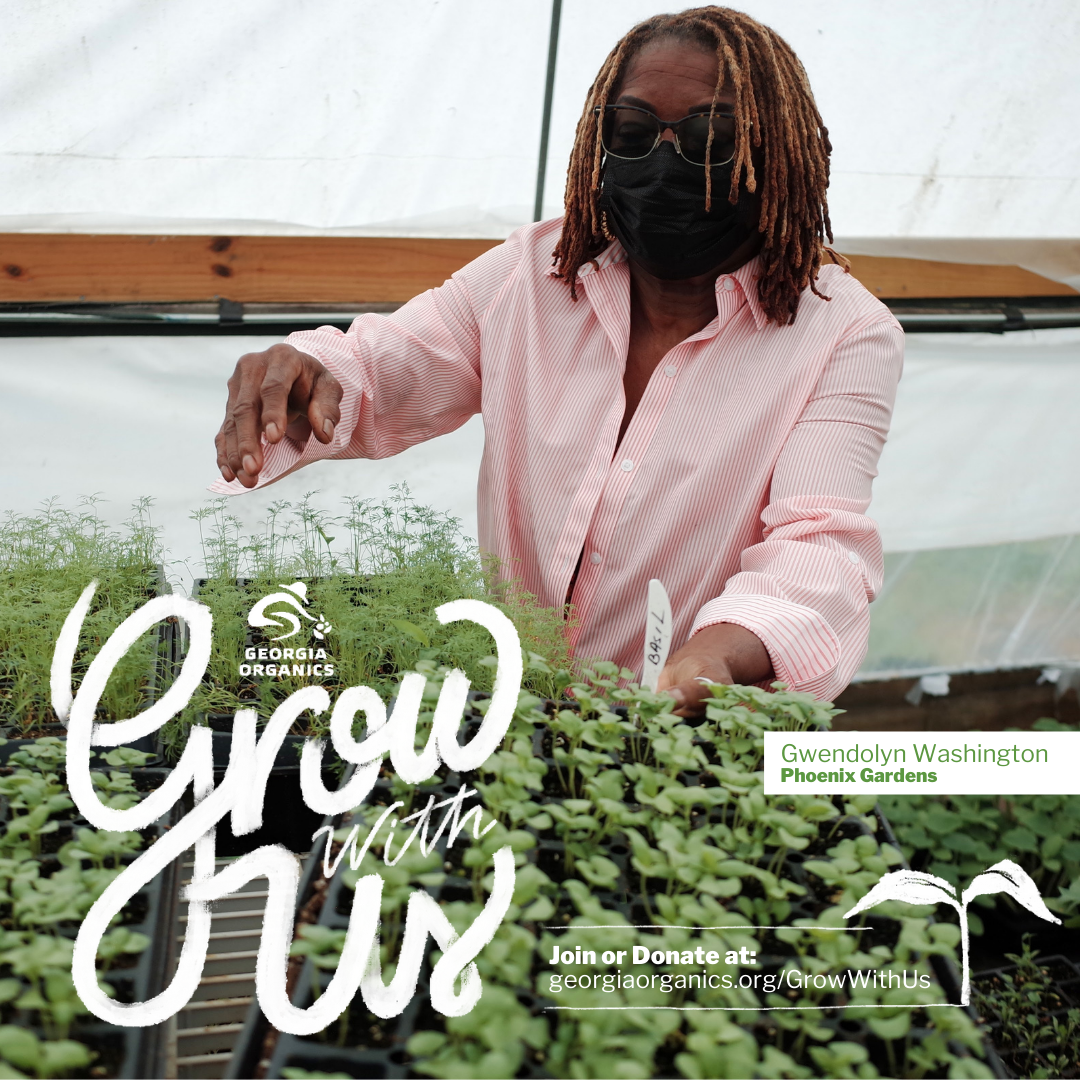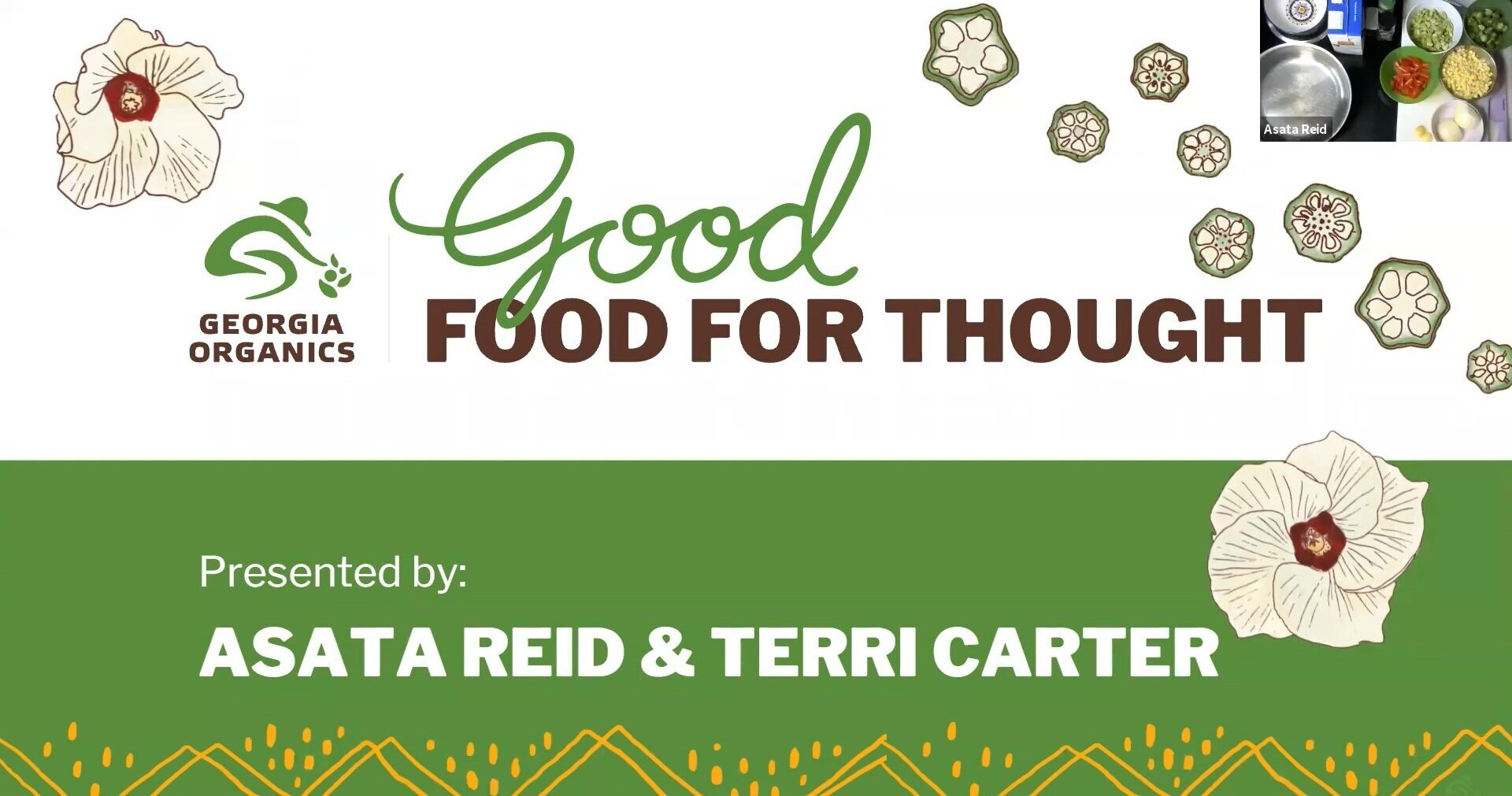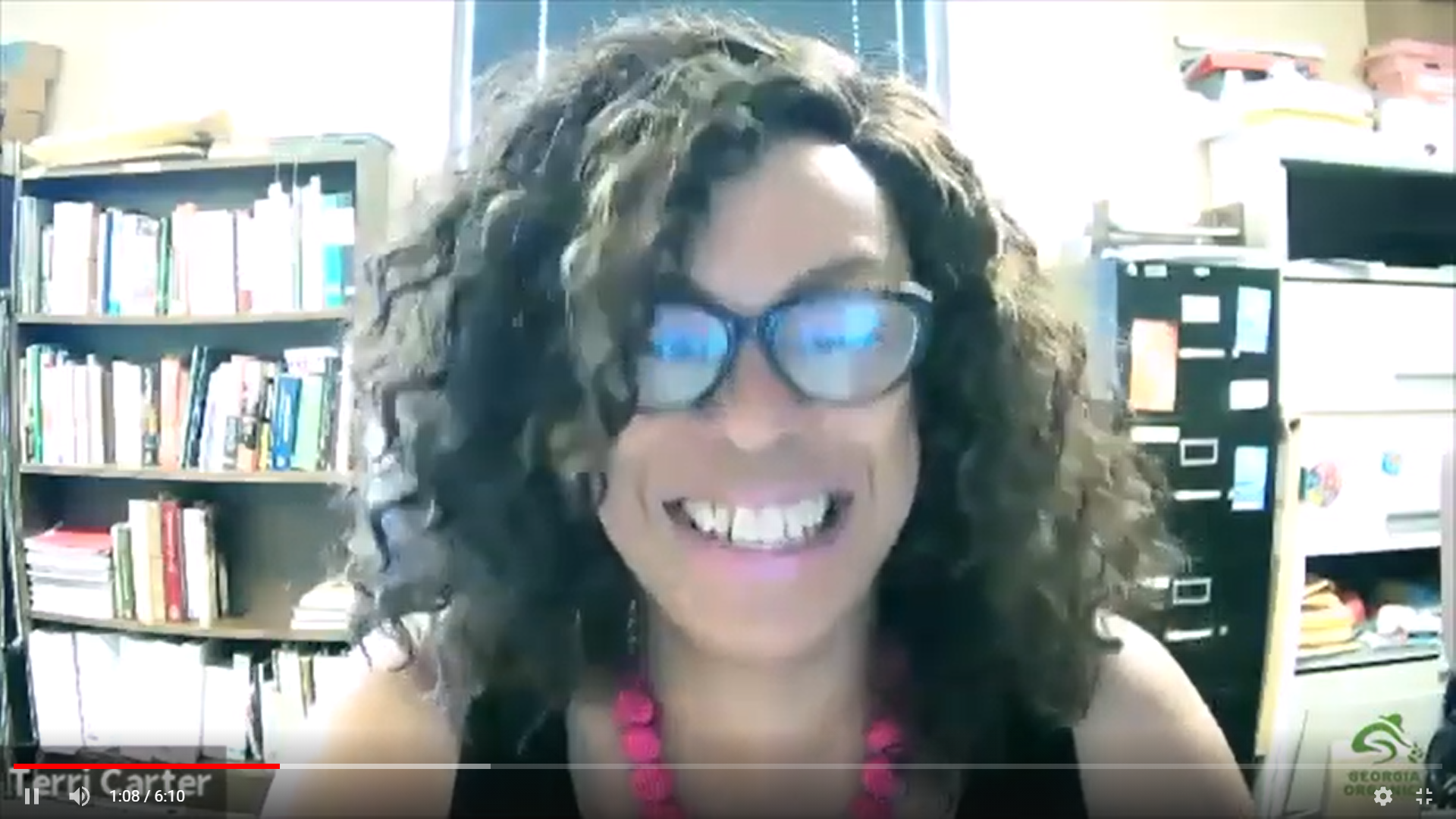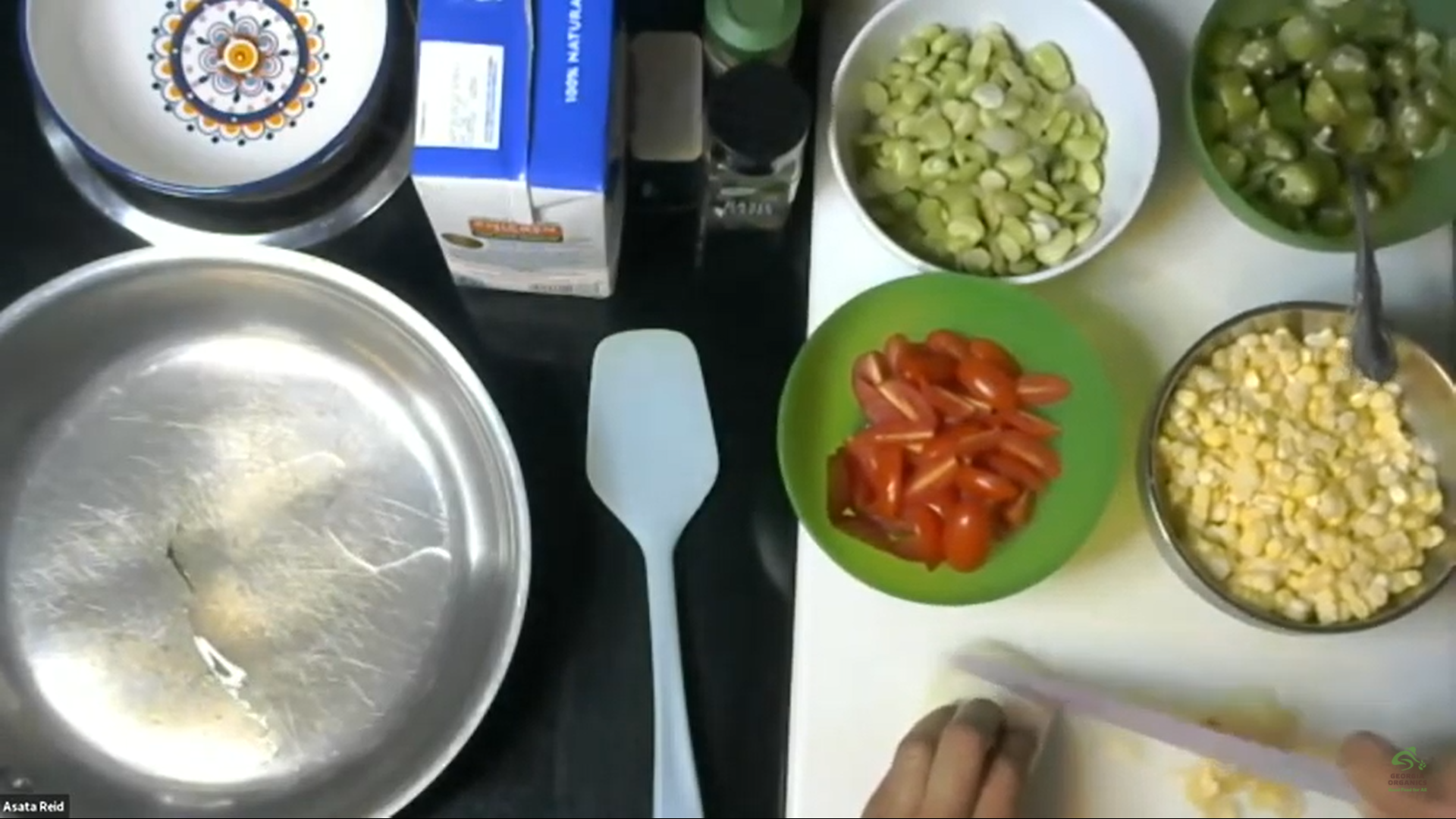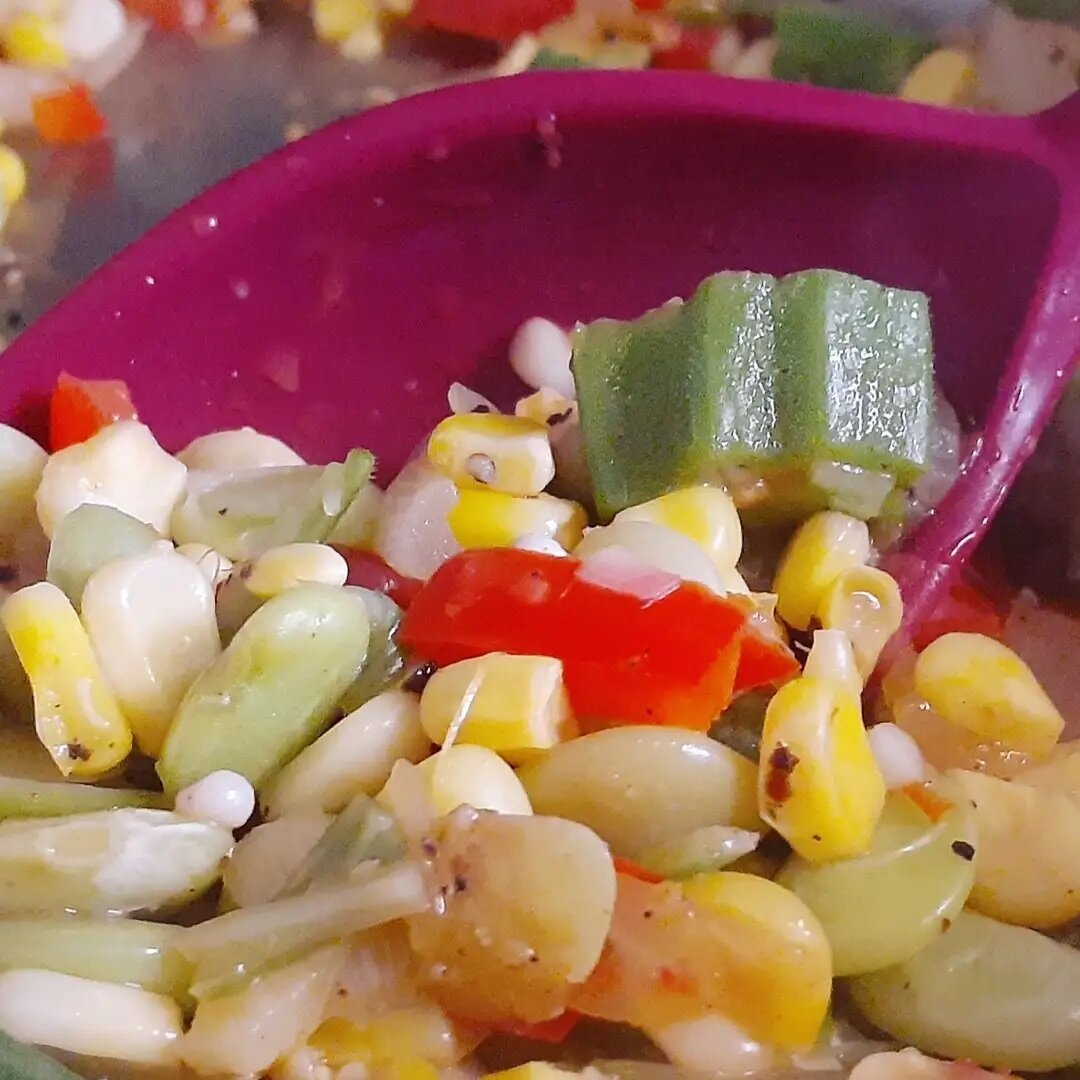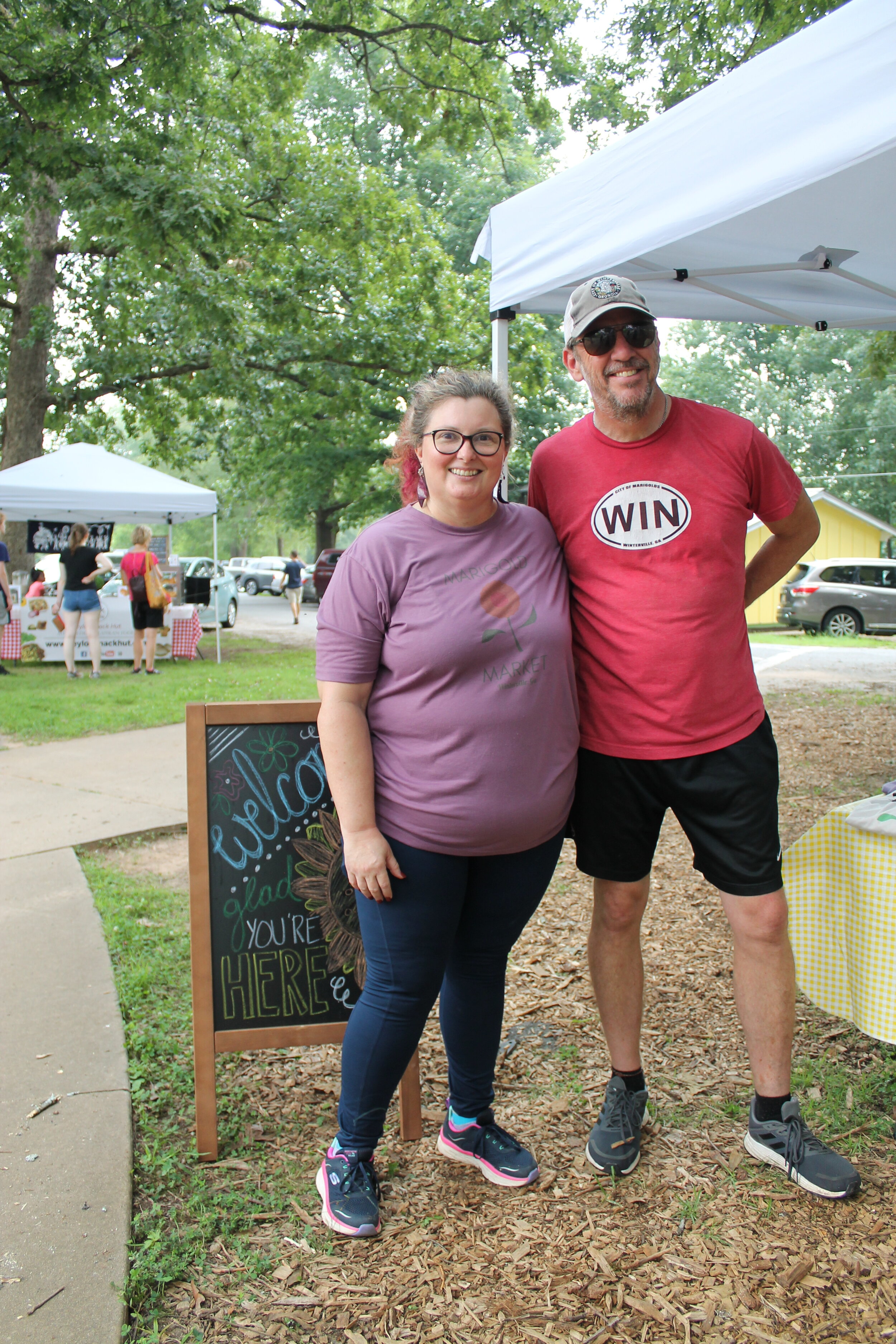By Diana Pena
Diana Pena is the Farm to School Coordinator at the Georgia Department of Public Health.
Pre-pandemic days, the annual Golden Radish Awards recognized Georgia school districts doing exceptional work in farm-to-school.
Discontinued for three years to the pandemic, Georgia Organics and the Georgia Department of Public Health (GA DPH) instead collaborated to establish the Farm to School Innovation Mini-Grants Program.
These funds support farm to school initiatives that:
Increase access to local, fresh, organically grown food,
Include culturally responsive food and education,
Increase local food procurement,
And/or benefit Georgia-certified organic farmers in other ways.
After a thorough application process in the Fall of 2021, Georgia Organics and GA DPH selected and awarded 15 Georgia School Nutrition Departments.
We are excited to spotlight our first Mini-Grant Awardee: Treutlen County School District!
All images courtesy of Treutlen County Schools
Under Red Barrett’s leadership as School Nutrition Director, the funds will support the school gardens in all the schools and grow produce for school meals in her district. Red has also incorporated school garden activities into the elementary and special education school lessons.
Red has taught Treutlen County School students about what is needed for seeds to grow (water, soil, and sun), about the plants they’re growing, how to adequately space them, how to care for their garden (weeding, watering), and what to do at harvest time. They have also examined soil and compost together.
Images courtesy of Red Barrett
She has made it so that the students are responsible for maintaining the garden, she always makes an effort to tie their garden into the school curriculum.
Red shares that, “Time is our only issue...[due to] the demands of the regular school curriculum...we have those challenges.”
Nevertheless, they have successfully planted their seeds and are now waiting to harvest the produce!
To learn more about Georgia Organics, visit georgiaorganics.org, and follow them on social media @GeorgiaOrganics and at facebook.com/GeorgiaOrganics. To see updates on Treutlen County Schools, visit treutlen.k12.ga.us/ and follow them on social media at facebook.com/treutlencountyschools.






